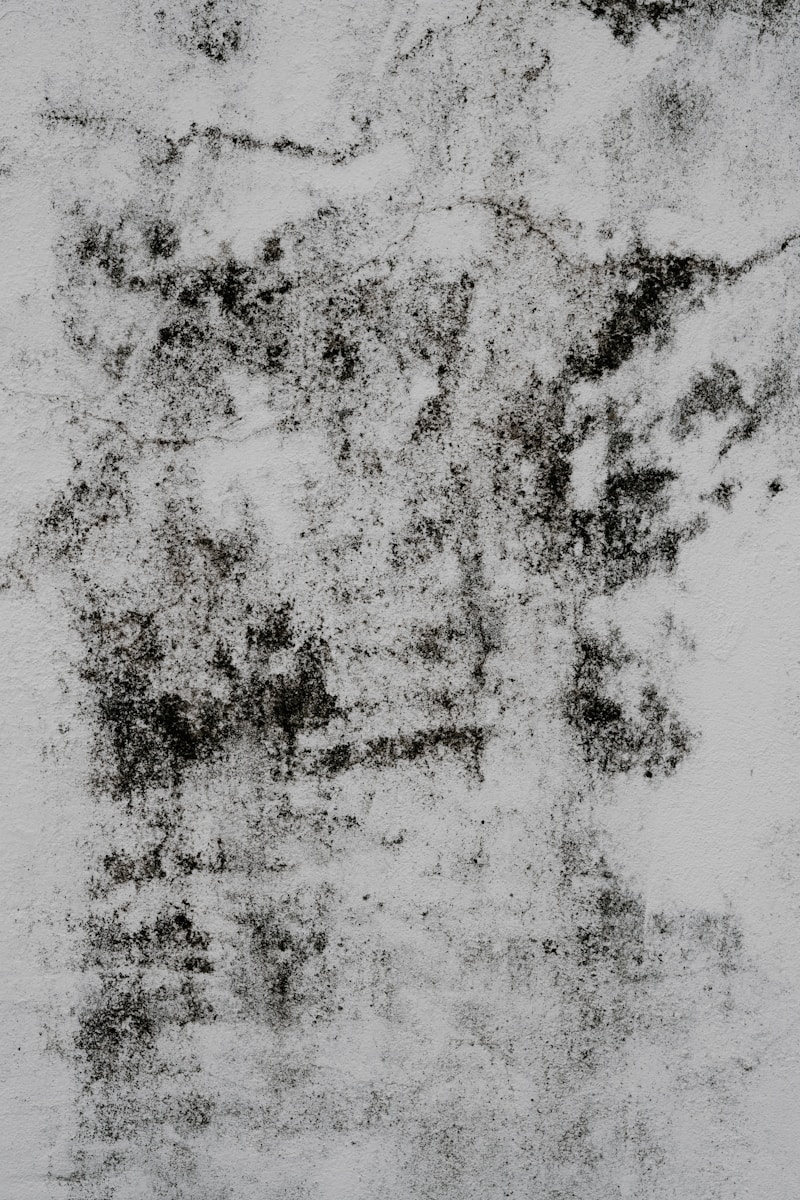
Does Homeowners Insurance Cover Mold Infestation?
Mold infestation can be a nightmare for homeowners, potentially causing significant damage to property, posing serious health risks and incurring expensive financial consequences. Furthermore, coverage for mold issues can be a complicated subject.
When Insurance May Cover Mold Infestation Issues
Homeowners insurance might cover mold damage if it results from a covered peril. In standard policies, covered perils often include sudden and accidental events like burst pipes, water heater leaks or appliance overflows.
 For instance, if a pipe bursts and causes water damage that leads to mold growth despite efforts to prevent it, the insurance policy might cover the cost of mold remediation.
For instance, if a pipe bursts and causes water damage that leads to mold growth despite efforts to prevent it, the insurance policy might cover the cost of mold remediation.
However, it’s critical to discuss such scenarios with your insurance broker to understand your coverage.
When Policies May Not Cover Mold Infestation Problems
Homeowners insurance usually does not cover mold damage resulting from neglected maintenance or long-term exposure to moisture.
For example, if mold develops due to ongoing leaks, high humidity or poor ventilation, the insurance company may deny the claim.
Understanding Policy Limits and Endorsements
Even when mold damage is covered, the insurance company may limit the amount it will pay for mold remediation. Some policies have specific caps on mold-related claims, which can be significantly lower than the overall policy limits.
Homeowners can look into additional mold endorsements or riders to increase coverage for mold damage, but this comes at an extra cost and might not always be available.
Learn More
While homeowners insurance can cover mold infestations under certain circumstances, it is crucial for homeowners to understand their policy details and take preventive measures to protect their property.
Contact Dunton Insurance Agency today to learn more about mold-related coverage options or to compare personalized homeowners insurance quotes.
This blog is intended for informational and educational use only. It is not exhaustive and should not be construed as legal advice. Please contact your insurance professional for further information.
